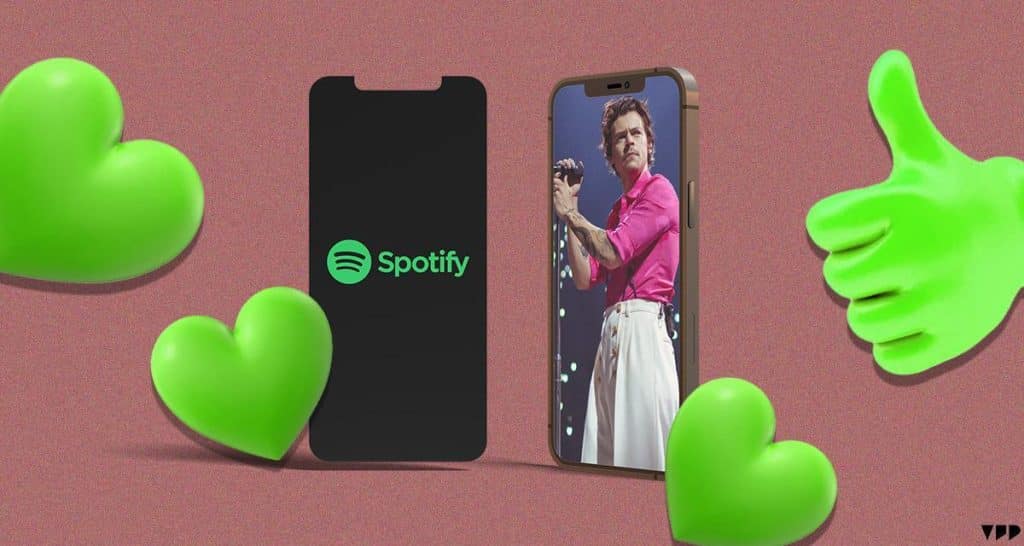
Spotify wants to remix into a social platform
As live audio and podcasting become more popular, Spotify is aggressively investing in new formats to become the king of social audio.

As live audio and podcasting become more popular, Spotify is aggressively investing in new formats to become the king of social audio.

Spotify is moving into audiobooks with the acquisition of Findaway.
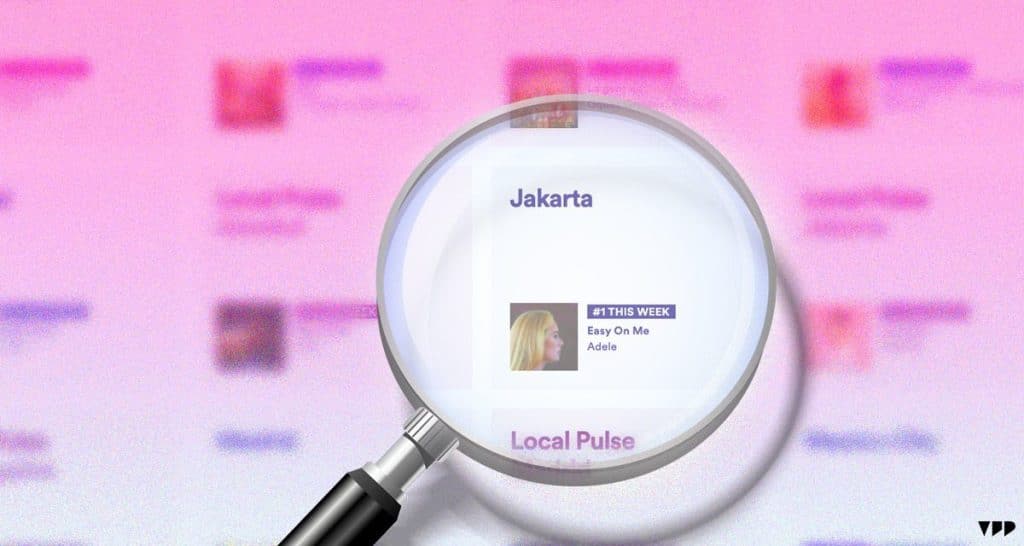
Spotify is providing a lot of detailed charts on how music on the platform is performing all around the world.

Spotify is transitioning its business from a music streamer to a creator-focused platform that provides support for any audio and video content.

A new dating app called Power of Music matches people based on their tastes in music, leveraging either a user’s Spotify or Apple Music accounts to find compatible partners.
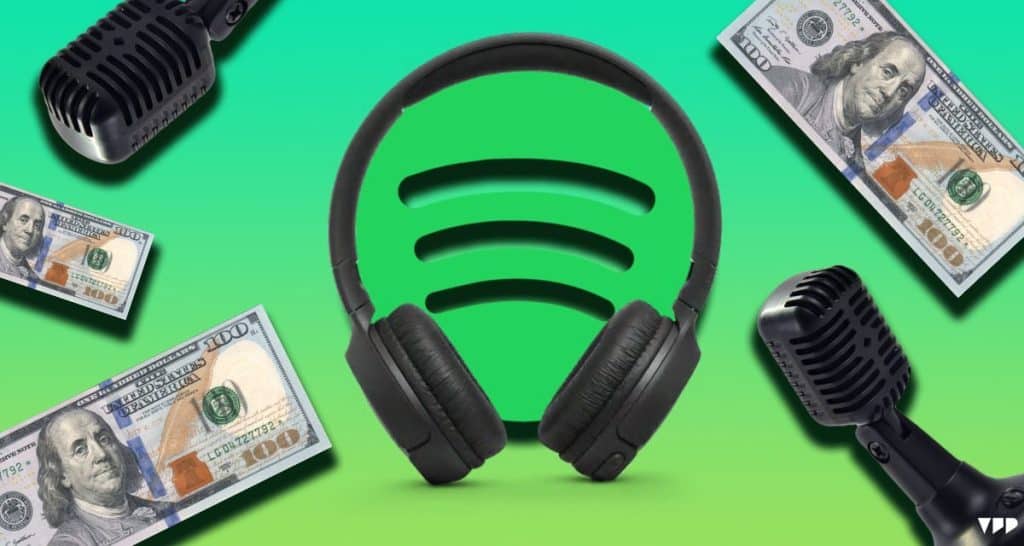
Spotify is rolling out a new ad campaign, “All Ears on You,” in order to woo more advertisers to its platform.
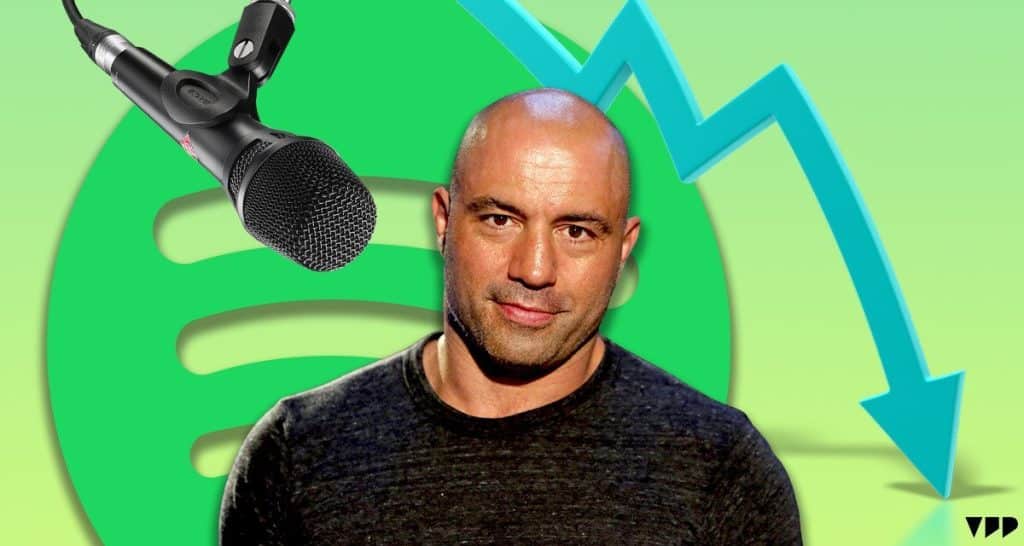
Joe Rogan seems to be slipping from the zeitgeist.
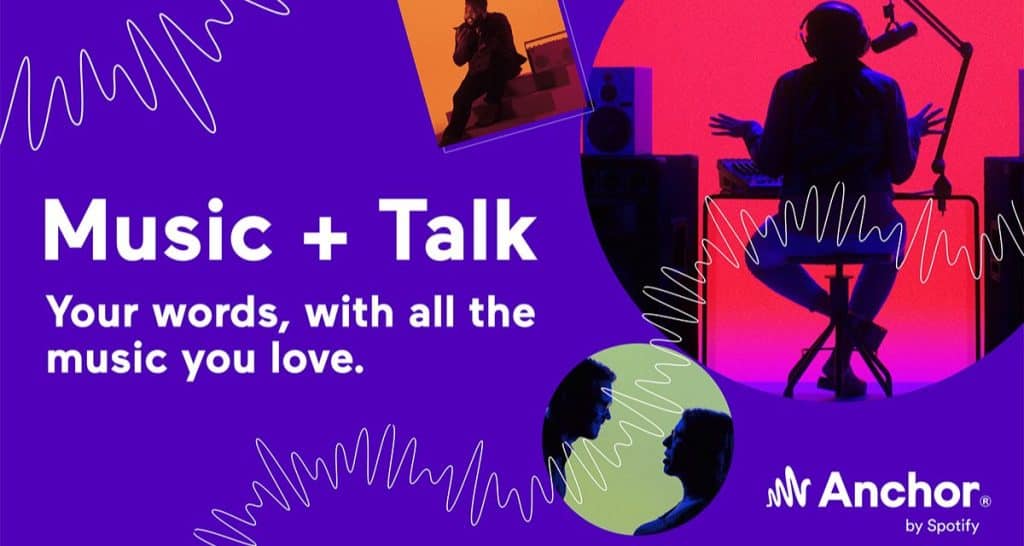
Spotify’s radio-like “Music + Talk” format is expanding globally.
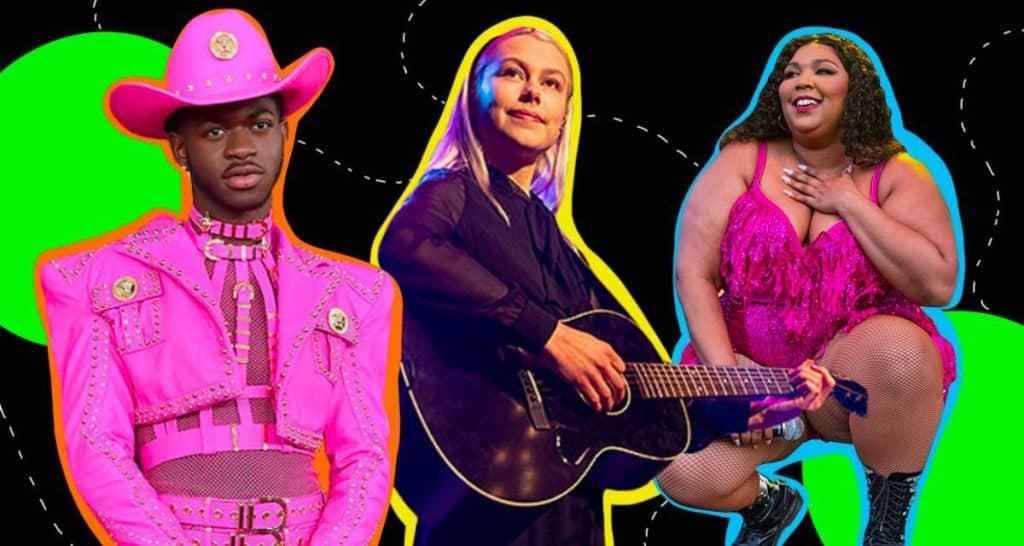
As streaming services like Spotify and Apple Music unwittingly normalize a culture of just listening to singles or the first few songs on albums, artists are trying to find a way to avoid the dreaded “skip rate.”

Spotify and Apple are locked in a heated battle for the podcast-subscription throne.